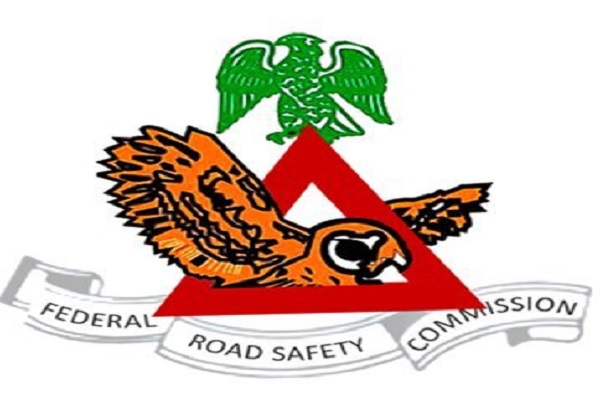
The Federal Road Safety Corps (FRSC) has revealed that it is actively implementing measures to prevent these life-threatening injuries on Nigerian roads.
According to a statement made by the Corps Marshal Dauda Biu on Wednesday in Abuja during the National Brain and Injury Conference, this resolve is part of efforts to address the rising cases of brain and spinal cord injuries resulting from road traffic accidents in Nigeria.
Biu, who was represented by chief of medical operations at FRSC, Mr. Davidson Okuobeya, underscored the urgency of the issue at the conference organised by the Brain and Spine Foundation Africa (BSFA), a non-governmental organisation. The theme, “Brain & Spinal Cord Injury Prevention on Nigerian Roads, Public Awareness and Emergency Rescue,” highlighted the importance of public awareness and emergency rescue measures.
Biu emphasised the gravity of brain and spinal cord injuries, identifying them as among the most severe consequences of road traffic crashes. He expressed the FRSC’s commitment to eradicating accidents on the nation’s highways, citing various measures taken to achieve this mission.
“As the lead agency in road traffic administration and safety management, the FRSC places a high value on human life and is committed to preventing avoidable accidents on the nation’s highways,” reported Okuobeya on behalf of Biu.
Among the implemented measures are 60 ‘zebra points’ under the emergency ambulance services, 30 road traffic crash clinics/help areas and 25 medical centres established nationwide. The FRSC also conducts sustained enforcement to apprehend traffic offenders, coupled with advocacy and public enlightenment campaigns in religious institutions.
The FRSC extends its impact through medical outreaches in motor parks, providing free treatment to vulnerable drivers. Additionally, patrol operatives and paramedics are trained in critical corridors nationwide on best practices for handling road traffic crash casualties, to limit further injuries and complications such as brain and spine injuries.
Biu noted that the FRSC collaborates with the Federal Ministry of Health through the National Emergency Medical Services and Ambulance System (NEMSAS), piloting the first National Ambulance Services in Nigeria. A toll-free call centre (122) has also been established to respond promptly to all emergencies.
Highlighting the need for a multi-sectoral approach, Biu welcomed collaboration with organisations like the Brain & Spine Foundation Africa to raise awareness about the devastating implications of these injuries. He stressed that victims not only suffer permanent incapacitation, but their families also face caregiving challenges, and the nation incurs significant economic costs due to medical tourism abroad.
A consultant neurosurgeon, Dr. Douglas Okor urged urgent road repairs by the federal and state governments. He emphasised the necessity of a new, culturally relevant strategy to improve the training and attitudes of Nigerian drivers. Okor recommended that each FRSC unit on the highway should have at least two paramedics and should be familiar with the nearest health facilities.
Founder of BEFA, Engr. Chika Okwuolisa called for funds to enhance public awareness and education, highlighting the organization’s mission to create awareness of brain and spinal conditions in sub-Saharan African countries. Okwuolisa emphasised the importance of initiating conversations and collaboration among stakeholders, particularly in the road and safety sectors.
“I hope our efforts lead to positive changes and become a catalyst for transformative action in the country,” Okwuolisa concluded, expressing optimism about the impact of the conference in addressing the challenges related to brain and spinal injuries.

